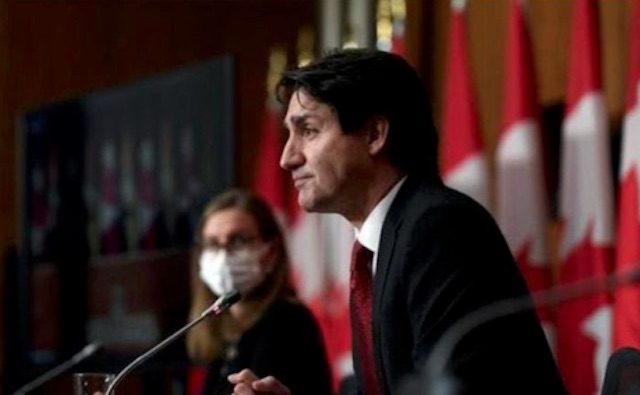From The Center Square
By
HHS is also working to “reverse the Biden administration’s attempt” to classify gender dysphoria as a type of disability.
The U.S. Department of Health and Human Services unveiled a multi-pronged regulatory effort Thursday to curtail gender-affirming care for minors, including gender transition procedures at hospitals.
The Centers for Medicare & Medicaid Services has drafted a rule that would prohibit pharmaceutical or surgical gender reassignment procedures from receiving federal Medicaid or Children’s Health Insurance Program funding. It’s also proposing a rule that would allow it to withdraw Medicare and Medicaid funding from hospitals that perform such surgeries on minors. HHS is also working to “reverse the Biden administration’s attempt” to classify gender dysphoria as a type of disability. If gender dysphoria were to be defined as a disability, then health care providers who don’t want to perform what the department has dubbed “sex-rejecting” procedures could be in danger of violating anti-discrimination laws.
Health and Human Services Secretary Robert Kennedy, Jr., described gender affirming procedures as “unsafe” and “irreversible,” and framed the administration’s actions as “[protecting] America’s most vulnerable.”
“Our children deserve better – and we are delivering on that promise,” Kennedy told reporters Thursday.
The department is acting on directives from an executive order from President Donald Trump’s first few weeks in office. The Jan. 28 order called on government agencies to “[defund] chemical and surgical mutilation” of children, seemingly in the manner that HHS has proposed, as well as “rescind or amend all policies” relying on guidance from the World Professional Association for Transgender Health.
The Food and Drug Administration is also taking regulatory action against some organizations that market breast binders to minors.
“Illegal marketing of these products for children is alarming, and the FDA will take further enforcement action such as import alerts, seizures, and injunctions if it continues,” said Food and Drug Commissioner Marty Makary.
Kennedy signed a declaration Thursday that gender affirming procedures for minors “do not meet professionally recognized standards of health care” and the Assistant Secretary for Health and Head of the United States Public Health Service Commissioned Corps, Admiral Brian Christine, signed a public health message stating the same.
“Evidence shows sex-rejecting puberty blockers, cross-sex hormones, and surgeries are dangerous. Providers have an obligation to offer care grounded in evidence and to avoid interventions that expose young people to a lifetime of harm,” Christine said.
The House of Representatives passed a bill Wednesday that would criminalize the act of providing gender affirming care to minors.















